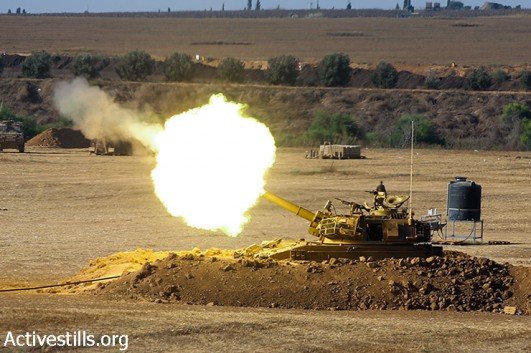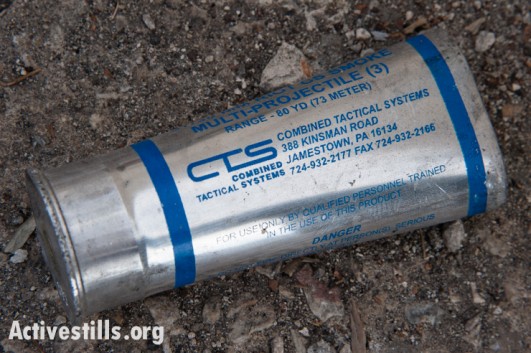I do not question whether there is a natural affinity between Israelis and Americans. I question, however, whether the nature of our friendship with Israel is coming at a larger cost not only to our interests but also to our values.
At first I ignored the videos of people pouring ice on their heads. It seemed like a pointless stunt – like those old chain emails that demanded you forward the email to 10 others or something terrible would happen to you in the future. Soon enough, though, the Ice Bucket Challenge took over my Facebook feed and I had to start paying attention. And on Sunday afternoon I was tagged: I had 24 hours to publicly pour ice on my head or pay $100 to the ALS (amyotrophic lateral sclerosis) Association.
If the success of the ALS Challenge has shown us anything, it is that social media can serve as an effective tool to engage otherwise uninterested parties in a cause worth discussing and a problem worth confronting. It is, no doubt, the unpredictability of this disease – it is blind to race, class and political orientation – that makes it so frightening, and thus a simple cause to get behind. So, like the millions across the United States, I accepted the challenge.

I did not shoot my ALS Challenge video in the United States, but rather in Jerusalem. The deaths here over the past two months are anything but random. Gilad Shaar, Eyal Yifrah and Naftali Fraenkel were killed by people who resented what the three represented: the occupation. Mohammed Abu Khdeir was killed by Yosef Haim Ben David in an act of political reprisal. That such deaths served as pretenses for armies and militias to put other civilians in harms way demonstrates that death here is calculated, cynical and discriminatory.
Though I am an American Jew, I have no family in Israel and, therefore, no relatives who have been called up and forced to fight, kill and potentially die in a conflict that few of the current enlistees chose to be a party to. And while I have many Palestinian friends, most of them are Israeli citizens from towns and cities in the Galilee and the Triangle. I personally know no one in Gaza who has died, been injured or displaced. I know more people with ALS. For me, in my small apartment in West Jerusalem where I read in preparation for my second year of graduate studies, this conflict, in a daily sense, is very far away.
But I am nonetheless responsible for what is happening here.
Each year my government provides Israel with approximately $3 billion in military aid, which is used to purchase hardware from the United States, or to fund homegrown defense projects such as the Iron Dome missile defense system. Whether Israel targets civilians, or whether groups in the Gaza Strip put them in harm’s way is a question that only those actively involved in the hostilities there can say for sure. What is beyond question, however, is the role that American taxpayer dollars have on Israel’s ability both to wage war in Gaza and to defend Israeli civilians against rockets shot by groups in the coastal strip.

There is a diversity of opinion within Israeli society, a fact that gets drowned out with the receipt of military aid – a sum that goes to a small group of individuals with a disproportionately large say in the conversation. Sadly, that’s how military aid works. Think about Iran before the revolution: In the 30 years of the United States backing Iran, could we have done more to materially support the diverse groups that opposed the shah and, thereby, assist in their transition to representative government? Yes.
The situation here is no different. Former soldiers are serving time in jail for refusing to serve in Gaza. Dissidents across the country are protesting daily against this war, risking arrest, injury or death. Media outlets critical of the Israeli assault on Gaza rarely make mention of this point and instead portray all Israelis as brutal savages looking for conflict at every turn.
I do not question whether there is a natural affinity between many Israelis and Americans. I question, however, whether the nature of our friendship with Israel is coming at a larger cost not only to our interests but also to our values: Does democracy flourish when walls are built? Do markets run free when territories are under economic siege? Does destruction on a mass scale breed moderates among the population experiencing it?
The Ice Bucket Challenge requires its participants to nominate three friends to take the plunge. In that spirit, I nominate my representatives on Capitol Hill, Congressman Jim Himes (CT-4) and Senators Richard Blumenthal and Chris Murphy to jumpstart a discussion in congress that debates the overall effects and efficacy of this aid. You have 24 hours to accept the challenge.
Corey Sherman is a journalist and student. Follow him on Twitter at @shermancoreya and on Instagram at @cs_herman.
Related:
Amid Gaza war IDF buys ammunition from U.S. stock in Israel
The world is letting Israel get away with it again
IDF reservist sentenced to military prison for refusing draft

